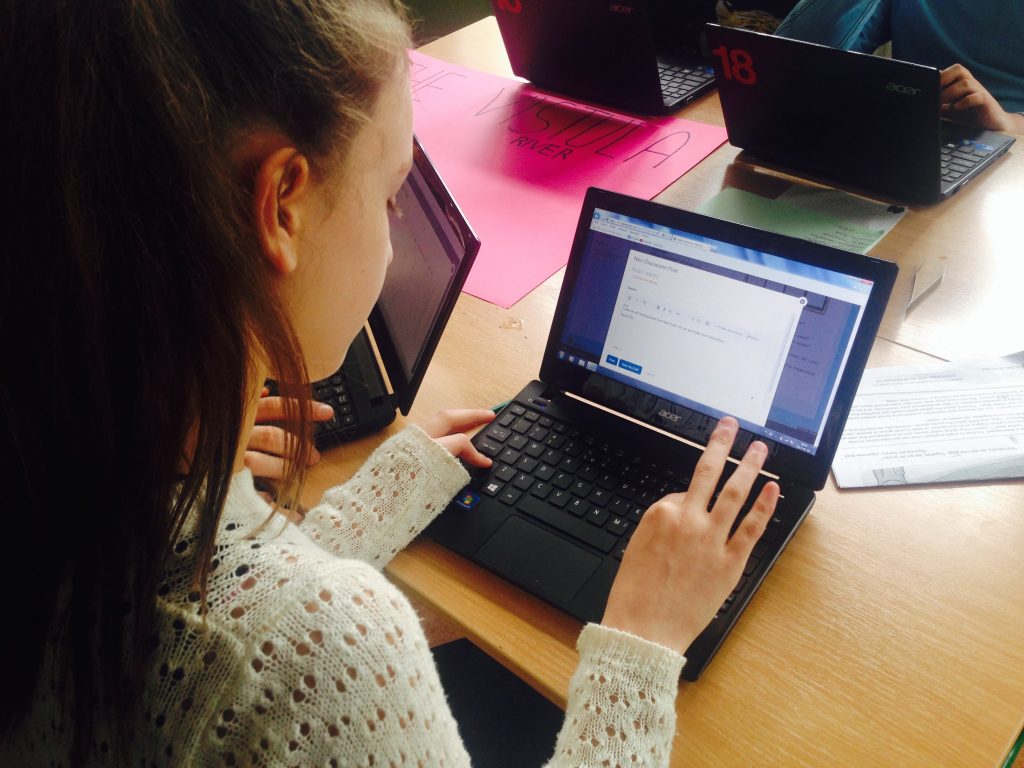
A letter from Marjorie Tiven, President and Founder of Global Cities, Inc.
Through our program, Global Scholars, students ages 10 to 13 are learning and practicing global competency with international peers. They engage in cross-cultural dialogue in online discussion boards and work with their classmates to complete hands-on projects that explore similarities and differences among their countries and communities. Over the past eight years, more than 90,000 public-school students from 110 cities in 37 countries worldwide have taken part. Some 40 percent of students are from the United States and 60 percent are international.
Global competency is critical in preparing students to solve any global problem. In many schools, education is focused locally, with limited engagement beyond the four walls of a classroom. Yet students are entering a world where problems are connected to one another, and where they are expected to compete and collaborate in a global marketplace upon graduation. The purpose of global competence education is to prepare students for this world, by equipping them with the knowledge, skills, attitudes, and behaviors that they will need to confront the global issues we face, from food insecurity to pandemics.
Communication and collaboration across cultures are increasingly critical skills for young people – not only for their careers, but for the communities and countries they will one day lead.
Mike Bloomberg
In the Global Scholars e-classroom, student conversation drives discovery and provides evidence of learning. Over the course of a school year, students meet peers from 8 to 10 different cities and investigate a global problem together in the online discussion boards in our e-classrooms. They conduct research, create projects guided by our curriculum, and post and reply to one another in the discussion boards. At the same time, their teachers meet their international counterparts in interactive, live professional development videoconferences and in our educator discussion boards. This model is grounded in project-based learning, features a curriculum with assignments that prompt students to examine their personal experiences as citizens of their cities and the world, and builds on student dialogue as a primary resource for learning.